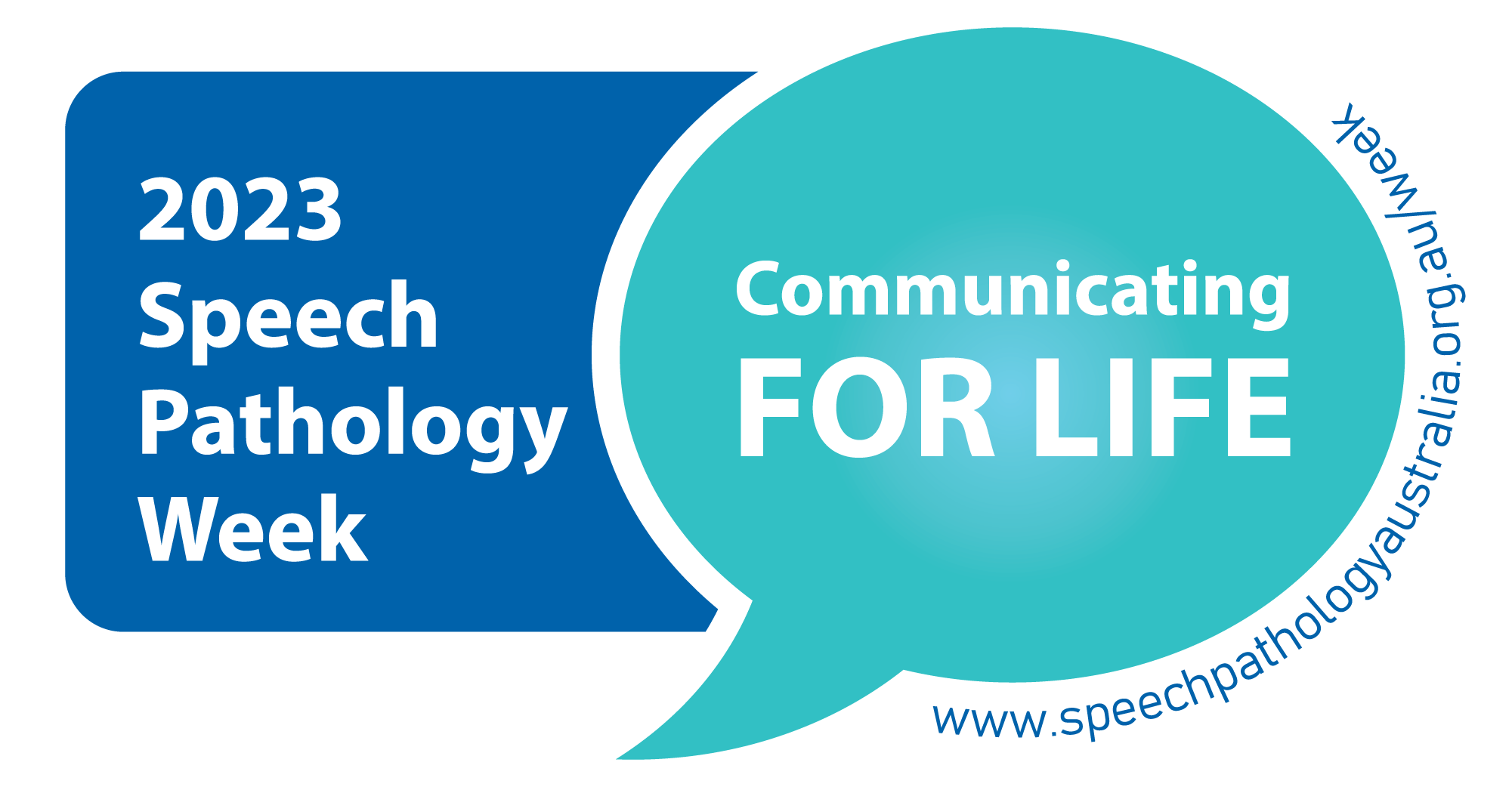Speech Pathology Week 2023
We are fortunate to have the wonderful Rebecca Broadfoot (AKA Bec) working here at With You. The dedication she has shown the wonderful families we are privileged to work with is phenomenal, and she really never stops! Not only is she a bit of a fashionista, but she also possesses the warmest beaming smile and brings a joyful presence to the office daily. While we stop to appreciate all that is Speech Pathology this week, we also celebrate the phenomenal human behind the clinician.
We asked Bec to tell us what this year’s theme, “Communicating for Life”, means to her, and we wanted to share it with you all below.
"Communicating for life" is the core principle that drives my work as a speech pathologist. It centres on the idea that strong communication skills are essential for individuals to thrive at every stage of their lives. From infancy to old age, I am committed to empowering people to express themselves, understand others, and actively engage in their communities.
My role involves not just addressing speech and language challenges, but also nurturing lifelong communication development. I collaborate closely with clients, families and other professionals to deliver evidence-driven communication interventions that work across various settings – from homes to schools to workplaces.
Inclusivity is central to my practice as a speech pathologist. My privileged role allows me to support diverse populations, embracing those with speech and language disorders, neurodevelopmental conditions, and age-related communication changes. Through a combination of evidence-based approaches and various technologies, my role as a speech pathologist is to provide individuals with the tools they need to communicate effectively and confidently.
An essential part of my role as a speech pathologist is to be an advocate for the communication rights of all individuals, and to raise awareness about the profound impact of communication on overall well-being. By promoting "communicating for life," my goal is to enrich lives, foster independence, and advocate for the communication rights of all individuals so they can participate fully, regardless of their communication abilities.
Communication is complex, and we are fortunate to have Bec help us break down one of the more frequent confusions in the general public - What’s speech? What’s language?
It turns out that speech and language are related but distinct aspects of human communication.
Speech
Speech refers to the production of sounds that form words and sentences, allowing us to convey our thoughts, ideas, and emotions verbally. It involves the physical motor skills required to produce sounds and coordinate the muscles involved in speaking. Speech encompasses the pronunciation, articulation, and fluency of spoken language. It involves the movements of the tongue, lips, jaw, vocal cords, and other speech organs.
Language
Language, on the other hand, is a broader and more complex system of communication. It is the way we express and understand meaning through structured systems of symbols, which can be both spoken and written. Language includes not only spoken words but also written symbols, gestures, signs (as in sign language), and other non-verbal forms of communication. It involves grammar, syntax, vocabulary, semantics, and pragmatics.
So in summary
Speech: the physical act of producing sounds and words.
Language: the comprehensive system of communication, including speech, writing, and other forms of expression.
Here's an example to illustrate the difference:
Suppose we have two children, A and B. Child A has typical speech development, meaning they can pronounce words and sentences fluently. Child B, on the other hand, has a speech delay and has difficulty producing certain sounds. However, both children have language skills and can understand and use words and sentences to convey meaning.
In this scenario, Child A has typical speech and language development, while Child B has a speech delay but still possesses language skills.
Speech and language are interconnected, and difficulties in one area can sometimes affect the other. For example, a child with speech sound disorders may find it challenging to communicate effectively, even if they understand language well. Conversely, a child with language impairments may struggle to express themselves verbally, even if they have no difficulty with the physical aspects of speech production. Speech-language pathologists specialise in assessing and treating speech and language disorders to help individuals improve their communication abilities.
The younger the child, the wider the range of expected communication abilities. As your child develops, so will their communication abilities, but sometimes, intervention can reduce this gap and the need for extensive intervention down the track. If you feel that your child’s communication skills may be delayed or negatively impacting their engagement in everyday activities, it may be worth chatting with Bec.
To see more about Bec, click here.
To find out more about our speech services, click here.
Author: Stephanie Mace (Director)
and Rebecca Broadfoot
Speech and Language Pathologist here at With You Allied Health



